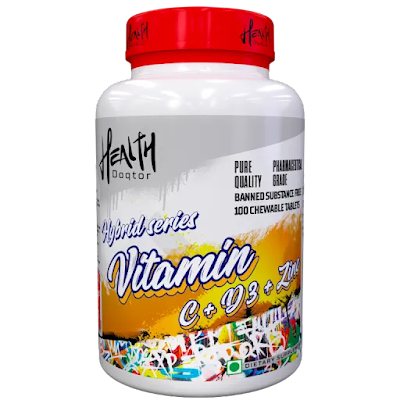What is an Ideal Diet or Nutrition for athletes?
The nutrition demands of athletes will vary depending on a range of factors, including age, sex, experience, training, and the sport itself. For example, the demands of athletes participating at an elite level may or may not differ from those of an athlete participating at a recreational level or exercising for fitness.
This blog post will help you get your diet and nutrition as an athlete.
Nutrition for Athletes and Sports PeopleAthletes need to eat a diet that matches their needs for energy, macronutrients, and micronutrients and maximizes their performance during activity and after recovery. Every athlete will have a different daily sports nutrition plan to account for changes in training, goals, and other factors affecting the athlete. Here are some dietary recommendations according to your exercise regime.
These are compiled to offer a comprehensive sports diet/athlete diet:
Pre-exercise meals and snacks (2-4 hours prior):
Breakfast cereal with low-fat milk
Pancakes with jam/fruit and fruit yogurt
Sandwiches/rolls with meat filling
A pasta dish with a low-fat, tomato-based sauce
Low-fat rice dish
Suitable drinks and snacks during exercise
600 mL sports drink
1 sports bar
1.5 carbohydrate gels
40 g jelly lollies
1.5 cereal bars.
After-Exercise Meals and Snacks:
Sports drink with low-fat fruit yogurt
Sports drink with low-fat fruit yogurt
Low-fat chocolate milk
Liquid breakfast substitute drinks
Fruit smoothies made with low-fat milk/yogurt
Pancakes with fruit and low-fat yogurt
Sports Supplements
If you are considering sports supplements, here are the things that you need to keep in mind. Choose accordingly what sports supplement fits you.
Group A Supplements: There is enough scientific support to prescribe these supplements in particular circumstances using evidence-based methods.
Group B Supplements: Research indicates potential advantages of these vitamins. However, the results to yet are equivocal and these supplements should only be employed if they are a part of a study or when monitoring is possible how sportspeople react.
Group C Supplements: There is virtually little scientific proof that these supplements are advantageous, while those in this group typically are not recommended.
Group D Supplements: These are prohibited or have a significant risk of abuse. A danger of exposure to drugs that might cause a positive drug test and are categorically not advised for athletes.
Check out our various sports supplements on Healthdoqtor Website. Some of them are:
Should I Consider Whey Protein?
Whey protein has been found in studies to increase lean body mass, muscle size, and strength. You can perform better in sporting events if you have muscles that are stronger and bigger. It can improve athletic performance and reduce muscle damage when used before, during, and after an exercise.
Timings: The optimal time to eat whey protein is soon before, during, and right after a workout to increase performance while exercising. You will have higher endurance during your workout and less muscle injury as a result.
If you are looking to buy the Best Quality Whey Protein, check out our product: HD Whey Protein Supplement | 100% Authentic | HealthDoqtor
Conclusion
Every sort of athlete can choose from a wide variety of food plans and programs. Be sure to take into account your objectives, tastes, and dietary limitations when choosing a plan that will work for you. Try to stay away from excessively restricted or unsustainable diets.


Comments
Post a Comment